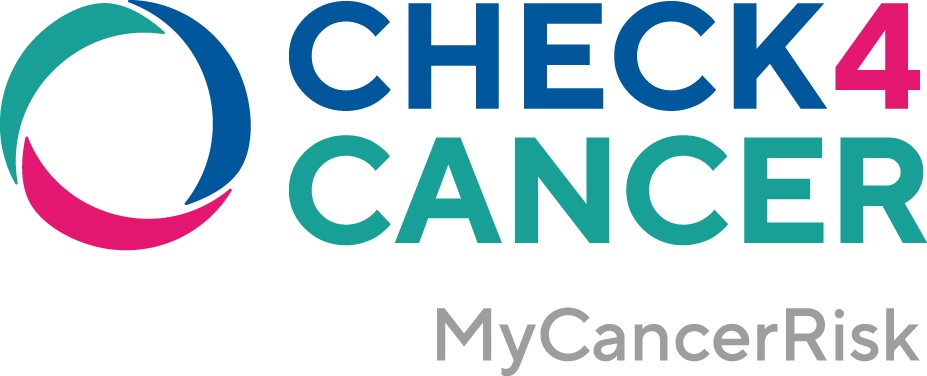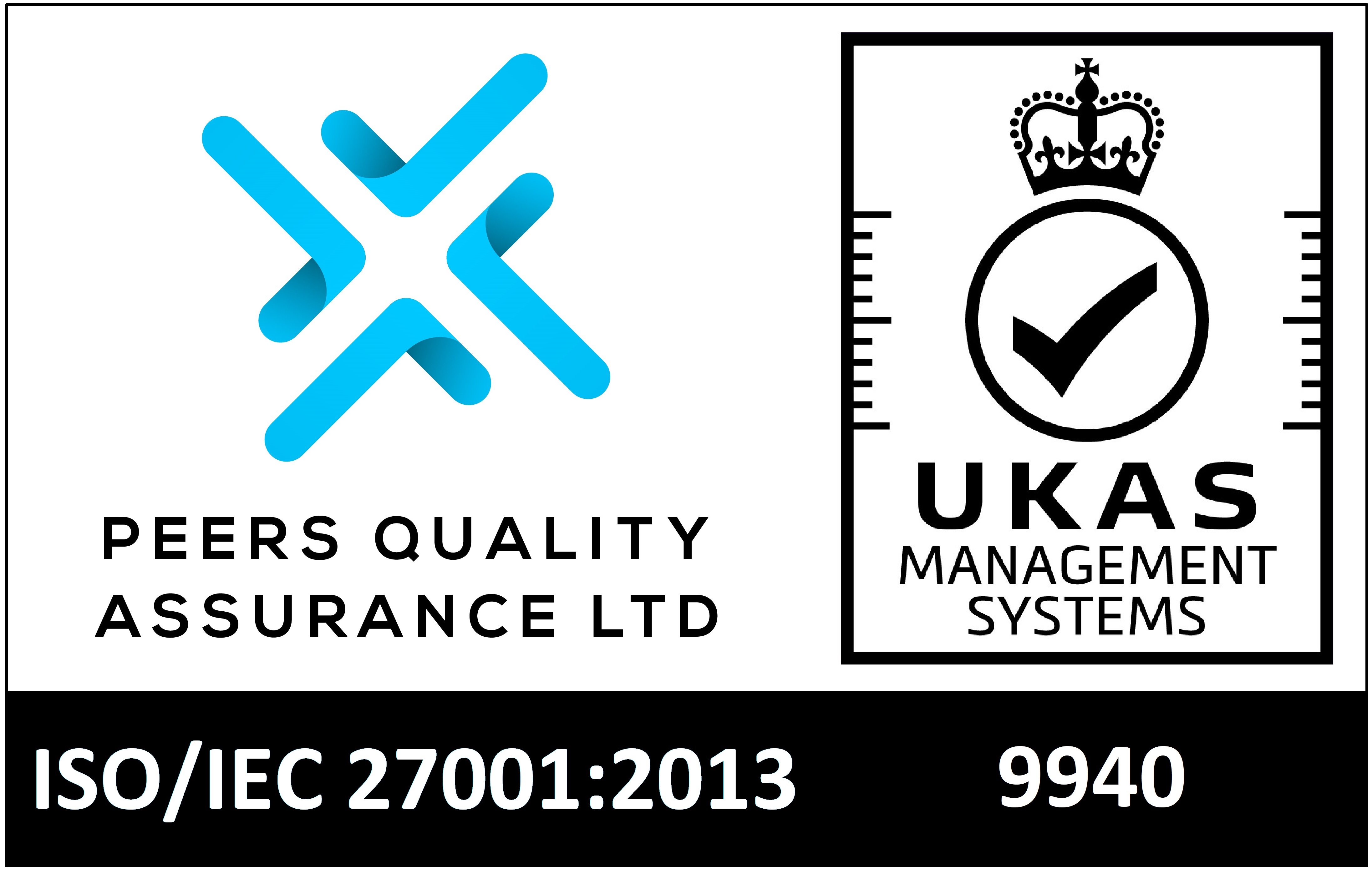Professor Gordon Wishart, founder, and chief medical officer at Check4Cancer, with more than 30 years experience as a breast cancer surgeon discusses some key facts on post-menopausal breast cancer.
What are the current statistics on breast cancer in the UK in women post-50 years? How has this changed in recent years, and why?
In general, breast cancer incidence increases with age, with the highest rates in women aged 50-54 (6,579 cases per annum) and 65-69 (7,683 cases per annum) according to Cancer Research UK.
Since the early 1990s breast cancer rates have increased by 13% in women aged 50-64, 69% in women aged 65-69 and 29% in women aged 70-79.
Possible reasons for the increase in cases in women aged 50+ is the extension of the upper age limit for NHS screening from 65 to 70, increasing rates of obesity in post-menopausal women, and increased alcohol intake.
How does post-menopausal breast cancer differ from pre-menopausal breast cancer – is it more/less aggressive? Can you explain the differences?
In general, post-menopausal breast cancer is known to be less aggressive than cancers in younger women with more cases being hormone receptor positive and less cases having the HER2 receptor. This means that fewer post-menopausal patients are likely to require chemotherapy, or the targeted therapy called Herceptin.
What causes post-menopausal breast cancer?
Like all cases of breast cancer, post-menopausal breast cancer is caused by a range of risk factors including family history, reproductive factors, obesity, alcohol intake and genetic inheritance.
Does having an early (or late) menopause affect your risk? If so, how?
The longer a woman has periods (early menarche, late menopause), the higher the breast cancer risk but the variation from normal risk is small.
What are the other risk factors, for example starting menstruation early in life or having a child after the age of 30?
The following risk factors all cause small increases in breast cancer risk: early menarche, not having children, late age at first pregnancy, not breastfeeding and late menopause. Family history, genetic inheritance, obesity and alcohol are the remaining risk factors.
What’s the link between HRT and breast cancer? What does the science say? If you come off HRT, is the risk still there? Or does it diminish once you come off HRT? Are there other forms of hormone replacement therapy that are more favourable?
My summary of the link between HRT and breast cancer risk is as follows: use of HRT causes a small increase in breast cancer risk compared to other risk factors but this risk returns fairly quickly to normal after stopping HRT. Women who stay on HRT for longer periods of time (i.e.10 years or more) may be at higher risk as well as women who use HRT that contain oestrogen and progestogen.
Does a mammogram detect all breast cancer? If not, are there any other tests you can do via the NHS, or privately?
A mammogram does not detect all breast cancer, but the chance of detecting an underlying cancer increases with age, as the breast becomes less dense. In postmenopausal women presenting with symptoms, mammography will pick up more than 80% of all breast cancers.
Mammography is the only validated screening test for detecting breast cancer in asymptomatic women and, this is available in the private sector (Check4Cancer provides private mammogram appointments). Women deemed to be at high risk of breast cancer are also offered MRI screening. Breast ultrasound is not a valid test for breast screening.
What should you be looking for when checking your breasts? Are some signs less obvious than others? Do the symptoms change once you go through the menopause?
There are a number of signs and symptoms of breast cancer including a palpable breast lump, a change in contour or shape of the breast, skin dimpling or puckering of the skin or bleeding from the nipple. Non-bloodstained nipple discharge and breast pain are rarely associated with an underlying breast cancer.

Once you are in your 50s, is there anything you can do to lower your risk? Does anything really work at this stage in life?
Ways to reduce your risk after the menopause include avoiding being overweight, taking regular exercise, moderating alcohol intake, and avoiding long-term HRT use with a combined preparation.
What’s the connection between weight gain and breast cancer? Is this a risk factor? Will losing weight make a difference – if so, how much should you lose if you are overweight?
Being overweight is a recognised risk factor for postmenopausal breast cancer but not premenopausal cancer. This is because after the menopause the ovaries produce very little oestrogen, but oestrogen is produced in fatty tissue and the more fat you have, the higher the amount of oestrogen produced. The target should be to lose weight and ideally end up in the normal BMI range for your age.
At what age does the NHS stop offering you a mammogram? What are the risks after this age – are you still at risk of breast cancer in your late 70s and 80s?
Once a woman reaches the age of 70, invitations to the NHS breast screening programme are no longer sent routinely but, a woman aged 70+ can contact their local breast screening centre to arrange a mammogram every three years.
Professor Gordon Wishart | Founder and Chief Medical Officer
Professor Gordon Wishart is the founder, Chief Medical Officer and CEO of Check4Cancer. In 2016 Check4Cancer launched rapid access, streamlined and audited diagnostic pathways for breast and skin cancer to the insured and self-pay markets, leading to the award of “Diagnostic Provider of the Year” at the annual Health Investor Awards in 2018. In late 2017, Check4Cancer launched the first worldwide breast cancer risk test (MyBreastRisk) to combine genetic, family history and lifestyle risk factors to underpin a risk-stratified breast screening programme. As the former Director of the Cambridge Breast Unit from 2005-2010, and current Professor of Cancer Surgery at Anglia Ruskin School of Medicine since 2008, he has a strong track record in clinical research and modernisation of cancer diagnosis and treatment, with more than 100 peer-reviewed papers in scientific journals. In 2010 he led a team of clinicians and scientists that developed the PREDICT breast cancer treatment and survival model, now used worldwide.




